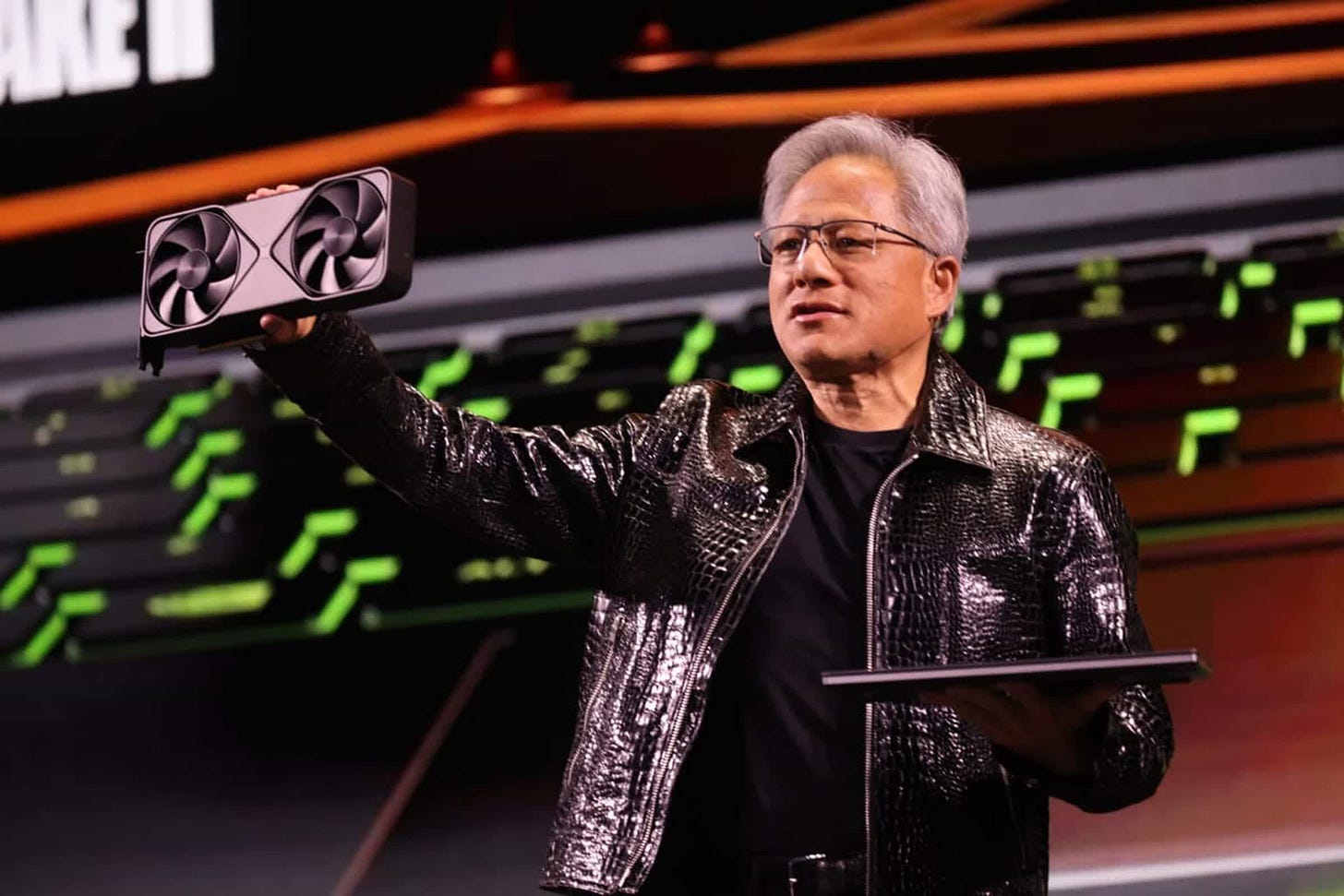Women received just 4 percent of the total capital raised by founders
Empowering Women Entrepreneurs: Braze’s Tech for an Equitable Future Program Opens Applications
The Persistent Funding Gap for Women Entrepreneurs
Women entrepreneurs face a $1.7 trillion global funding gap, despite owning 22% of micro-enterprises and 32% of small and medium enterprises. Structural inequalities and biases in venture capital systems disproportionately limit access to funding for women-led businesses. Many women entrepreneurs rely on personal networks or male counterparts to secure financing, highlighting systemic barriers in traditional banking systems. Programs like CARE’s Ignite initiative are empowering women with financial management training and access to capital, enabling them to scale their businesses independently. Studies show that closing the funding gap could add $10 trillion to the global economy by 2030, boosting innovation and economic growth. Governments and private sectors are urged to design gender-specific financial products and policies to address these disparities. Early exposure to entrepreneurship and STEM education for young women is also critical for fostering long-term change. Bridging this gap is not only an ethical imperative but also a significant economic opportunity.
AI-Driven Transformation: Projected Creation of 78 Million Jobs by 2030 Outpaces Job Losses
AI advancements are expected to create 78 million net new jobs globally by 2030, despite eliminating 92 million roles during the same period. Key drivers include task automation, data analysis, and the rise of robotic systems, which will reshape industries like healthcare, manufacturing, and logistics. While low-skilled jobs face displacement, new roles requiring advanced technical skills will emerge, necessitating workforce reskilling programs. McKinsey estimates that AI will contribute up to 50 million new jobs in areas like predictive maintenance, robotics optimization, and digital transformation. Economically marginalized populations stand to benefit from expanded digital access, creating more inclusive employment opportunities. Critics warn that without proactive policies, the transition could exacerbate inequality in regions lacking access to education or technology infrastructure. Governments and companies must collaborate on training initiatives to prepare workers for AI-driven economies. The shift underscores a pivotal moment in redefining the future of work through technology.
Elon Musk: Redefining Leadership and Innovation in the Modern Era
Elon Musk’s leadership style combines visionary thinking with relentless execution across industries like space exploration, electric vehicles, and brain-computer interfaces. He sets audacious goals that push his teams beyond conventional limits, fostering a culture of risk-taking and iterative improvement. Musk’s hands-on approach in engineering and design earns him respect among employees while driving technological breakthroughs at Tesla, SpaceX, Neuralink, and The Boring Company. His companies tackle problems deemed impossible by others, such as reusable rockets or full self-driving capabilities for electric cars. Musk embraces failure as a learning opportunity, encouraging rapid experimentation to accelerate innovation cycles. Critics argue his leadership can be polarizing due to high-pressure environments and ambitious timelines. Despite challenges, Musk’s transformative impact has redefined industries while inspiring a generation of entrepreneurs to think big. His ability to merge bold vision with practical execution continues to shape the future of technology.
Widening Pay Gap for Women on Boards: A Critical Indicator for Europe’s Corporate Health
The pay gap between male and female board members in Europe has widened significantly, raising concerns about corporate equity and governance practices. Women on boards earn approximately 30% less than their male counterparts despite holding similar responsibilities and qualifications. This disparity highlights systemic barriers that persist even at the highest levels of corporate leadership. Experts argue that addressing this issue is critical for improving diversity and decision-making within organizations. Companies with more equitable boards often outperform those with less diversity in areas like innovation and profitability. Policymakers are pushing for stronger regulations mandating transparency in executive compensation structures. Advocates emphasize that closing the pay gap is not just about fairness but also about fostering healthier corporate cultures and economic growth. The issue serves as a litmus test for Europe’s commitment to gender equality in business.
US Offers $25M Bounty for Nicolás Maduro as Venezuelan President Begins Third Term
The U.S. has renewed its $25 million bounty on Venezuelan President Nicolás Maduro amid allegations of corruption and human rights abuses during his controversial third term inauguration. Maduro’s government faces international condemnation for election fraud claims that opposition leaders say invalidated his presidency. The bounty reflects Washington’s ongoing support for opposition efforts to restore democracy in Venezuela while pressuring Maduro’s regime through sanctions and diplomatic isolation. Critics argue that such measures have limited impact on Maduro’s grip on power but worsen conditions for ordinary Venezuelans facing economic hardship. International observers report widespread protests across Caracas as citizens demand accountability from their government amid worsening inflation and food shortages. Maduro dismisses U.S.-led efforts as imperialist interference while strengthening ties with allies like Russia and China. The situation underscores Venezuela’s deepening political crisis as global powers debate strategies for resolving the conflict peacefully. Calls for free elections grow louder as tensions escalate between the regime and opposition forces.
Neuralink Achieves Milestone with Third Brain Chip Implant; Poised for Expansion in 2025
Neuralink successfully implanted its brain-computer interface device in a third human patient, marking significant progress toward commercial viability in 2025. The upgraded device features more electrodes, higher bandwidth, and longer battery life compared to earlier versions. Neuralink aims to help paralyzed individuals control external devices like computers or smartphones using only their thoughts through its FDA-approved studies (Prime & Convoy). Founder Elon Musk envisions future applications enabling blind individuals to regain sight via direct brain-to-cortex interfaces or restoring mobility through spinal signal transmission devices. Neuralink plans 20–30 additional implants this year as part of its broader roadmap toward treating neurological conditions like ALS or traumatic brain injuries (TBI).
Anthropic Partners with Palantir and AWS to Revolutionize AI in U.S. Defense
Anthropic has teamed up with Palantir and AWS to integrate its Claude AI models into U.S. defense and intelligence operations. The collaboration leverages Palantir’s Impact Level 6 (IL6) platform, approved for top-secret data, and AWS’s cloud infrastructure to process vast amounts of sensitive information. Claude models will enhance data analysis, pattern recognition, and document review for time-critical military operations. Critics question how Anthropic’s focus on AI safety aligns with Palantir’s history of military contracts, raising ethical concerns about AI’s role in defense. The partnership reflects a growing trend of AI companies pursuing government contracts for strategic and financial gains. Supporters argue that the integration will improve decision-making while maintaining human oversight in critical scenarios. This collaboration underscores the increasing reliance on AI to modernize national security frameworks. As AI becomes embedded in defense, debates over transparency and accountability are likely to intensify.
NVIDIA’s Jensen Huang Foresees AI Surpassing Moore’s Law, Unveiling the Future of Automation and a Prime Investment Opportunity
NVIDIA CEO Jensen Huang claims that the company’s AI chips are advancing faster than Moore’s Law, a benchmark for computing progress since 1965. NVIDIA’s latest data center superchip is reportedly 30-40 times faster in AI inference tasks than its predecessor, showcasing unprecedented performance improvements. Huang attributes this acceleration to innovations across architecture, chips, systems, libraries, and algorithms working in tandem. He predicts that as chip performance grows, the cost of running high-demand AI models will decrease significantly, democratizing access to advanced technologies. NVIDIA’s advancements are powering breakthroughs in generative AI and automation, fueling optimism about the future of artificial intelligence. Critics argue that while impressive, these claims require broader industry validation to assess their long-term impact. Huang dismisses concerns about stagnation in AI development, emphasizing NVIDIA’s role in driving innovation across sectors. The announcement positions NVIDIA as a leader in shaping the next era of computing.
Enron’s Triumphant Return? The Nuclear Egg Parody as a Sharp Critique of Tech Hype
A satirical campaign featuring “The Nuclear Egg” imagines Enron’s return to prominence as a tech innovator, critiquing the excessive hype surrounding emerging technologies. The parody highlights how buzzwords like “disruption” and “revolutionary” often overshadow due diligence and practical feasibility in tech investments. It draws parallels between Enron’s infamous collapse and modern startups that prioritize valuations over sustainable business models. Critics argue that this satire serves as a cautionary tale for investors chasing trends without scrutinizing underlying fundamentals. The campaign also questions the ethics of companies leveraging speculative narratives to attract funding or public attention. Supporters see it as a humorous yet poignant reminder of the risks inherent in unchecked technological optimism. By invoking Enron’s legacy, the parody underscores the importance of accountability and transparency in innovation-driven markets. It resonates with audiences wary of repeating past mistakes in today’s fast-paced tech ecosystem.
Henley Passport Index 2025: India’s Strategic Mobility Challenges and Opportunities
India has dropped five spots to rank 85th on the Henley Passport Index 2025, granting visa-free access to only 57 destinations. The decline reflects India’s limited global mobility compared to countries like Singapore, which tops the index with access to 195 destinations. Analysts attribute India’s lower ranking to complex visa processes and insufficient bilateral agreements with key nations. Despite its economic growth and strategic partnerships, India struggles to translate its influence into enhanced travel freedom for its citizens. Improving international relations and simplifying visa policies could help reverse this trend in future rankings. Comparatively, European nations dominate the top ranks due to robust diplomatic ties and extensive visa-free agreements. The index highlights how passport strength mirrors geopolitical dynamics and national priorities on global mobility. For India, addressing these challenges offers an opportunity to strengthen its position on the world stage.














